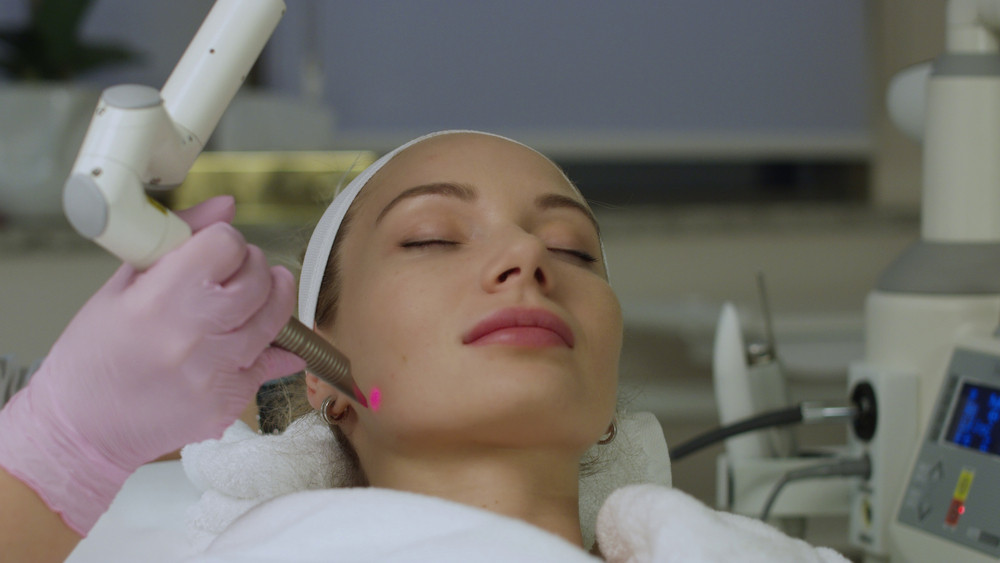Skincare Secrets for Healthy, Glowing Skin

Achieving radiant skin begins with understanding one's unique skin type and its specific needs. Typically, skin types are categorized into five main types: normal, oily, dry, combination, and sensitive. Each type has distinct characteristics and requires particular care to maintain its health and glow. Recognizing these differences is the first step towards a tailored skincare routine that enhances natural beauty.
And just as trends evolve in other areas of lifestyle and leisure — from wellness routines to entertainment options like the color game online casino that reflects the rise of digital casino games — skincare, too, is constantly adapting to meet modern needs and preferences.
The Importance of a Consistent Skincare Routine
Consistency is the cornerstone of an effective skincare routine. Establishing and maintaining a daily regimen ensures that the skin receives the necessary care to repair and rejuvenate itself. A typical routine involves cleansing, toning, and moisturizing, tailored to individual skin types and concerns. Skipping or irregularly following these steps can disrupt the skin's balance and hinder progress towards healthier skin.
Cleansing removes dirt, oil, and impurities accumulated throughout the day. It is crucial to choose a cleanser that suits one's skin type to prevent irritation or over-drying. Following cleansing, toning helps to refine pores, balance the skin's pH, and prepare it for the subsequent steps. Toners can also offer additional benefits, such as hydration and exfoliation, depending on their formulation.
Moisturizing is vital for all skin types, as it helps to lock in hydration and protect the skin's barrier. A suitable moisturizer should provide sufficient hydration without clogging pores or causing breakouts. Consistency in applying these steps not only maintains skin health but also enhances the effectiveness of any targeted treatments, such as serums or spot treatments. A disciplined skincare routine lays the foundation for radiant, healthy skin.

Essential Skincare Ingredients for Healthy Skin
Selecting products with the right ingredients can significantly impact skin health and appearance. Certain ingredients are renowned for their ability to improve skin texture, tone, and overall radiance. Incorporating these into a skincare routine can address specific concerns and enhance natural beauty.
Hyaluronic Acid is a powerhouse ingredient known for its hydrating properties. It attracts and retains moisture in the skin, making it ideal for dry and dehydrated skin types. Vitamin C is another essential ingredient, celebrated for its antioxidant benefits. It helps to brighten skin tone, reduce the appearance of dark spots, and protect against environmental damage.
Retinol, a derivative of Vitamin A, is widely used for its anti-aging benefits. It promotes cell turnover, reduces fine lines, and improves skin texture. Meanwhile, Niacinamide is praised for its ability to reduce inflammation, minimize pores, and control oil production. Incorporating these ingredients into a regular skincare routine can lead to visible improvements in skin health and appearance.
Morning vs. Night Skincare Routines
The skin's needs vary between day and night, necessitating different approaches to skincare routines. Understanding these differences ensures that the skin receives the appropriate care at all times. A morning routine focuses on protection and preparation for the day ahead, while the night routine emphasizes repair and rejuvenation.
In the morning, the primary goal is to protect the skin from environmental aggressors such as UV rays, pollution, and free radicals. This involves cleansing to remove overnight impurities, followed by applying a lightweight moisturizer and a broad-spectrum sunscreen. Antioxidants like Vitamin C can also be included to enhance protection against oxidative stress.
Conversely, the night routine allows the skin to recover from daily stressors and regenerate. After cleansing away makeup and pollutants, the focus shifts to nourishment and repair. This is the ideal time to apply treatments such as retinoids and serums that target specific concerns like aging, hyperpigmentation, or acne. A richer moisturizer or facial oil helps to lock in hydration and support the skin's overnight repair process.
The Role of Diet and Hydration in Skin Health
Skincare is not confined to topical treatments alone; diet and hydration play significant roles in maintaining healthy skin. Nutrient-rich foods and adequate water intake contribute to the skin's vitality and resilience, complementing the benefits of external skincare products.
A diet rich in antioxidants, vitamins, and minerals supports skin health from within. Foods high in Omega-3 fatty acids, such as salmon and walnuts, help to maintain the skin's lipid barrier, keeping it hydrated and supple. Vitamin E, found in nuts and seeds, offers protective benefits against free radicals. Leafy greens and berries are excellent sources of antioxidants that combat oxidative stress, promoting a brighter complexion.
Conclusion
Achieving healthy, glowing skin is a journey that requires understanding, patience, and consistency. By identifying one's skin type and needs, establishing a consistent routine, and incorporating beneficial ingredients, radiant skin becomes attainable. Balancing external skincare practices with a nourishing diet and sun protection further supports this goal.
Whether choosing DIY remedies, commercial products, or professional treatments, informed decisions lead to better outcomes. Avoiding common mistakes and maintaining regular care ensures progress towards healthier skin. The journey to radiant skin is personal and unique, and embracing it wholeheartedly can lead to lasting results.
